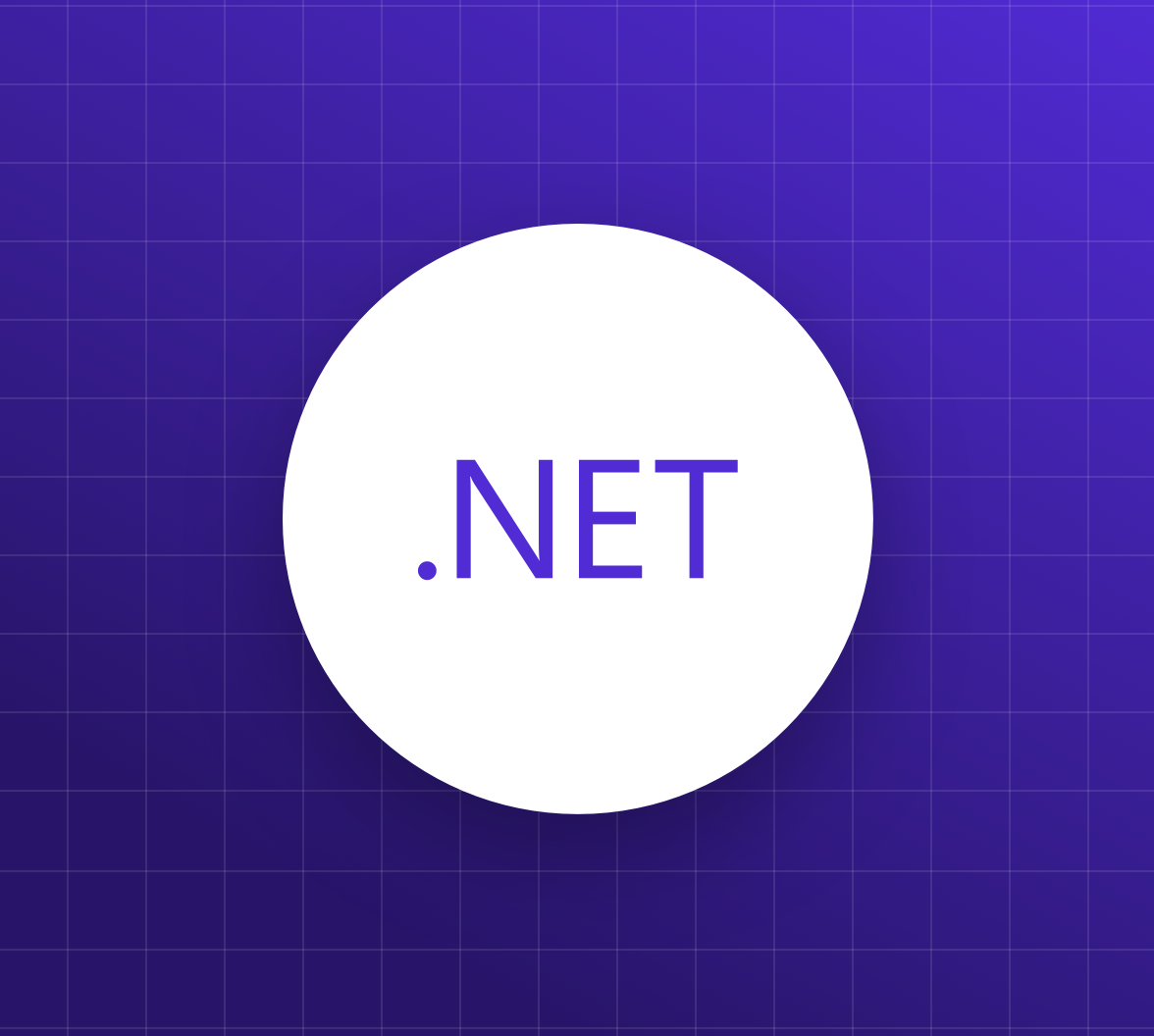Description
Introduction:
Advanced .NET Development focuses on the in-depth understanding and practical application of the Microsoft .NET framework for building sophisticated, high-performance applications. This training is designed for developers who are already familiar with the basics of .NET and want to explore advanced features, libraries, frameworks, and best practices in .NET development. By the end of the course, participants will be proficient in developing complex enterprise-level applications, handling performance optimization, implementing security protocols, and using modern .NET tools and libraries.
Prerequisites:
- Basic understanding of programming concepts and object-oriented programming (OOP).
- Proficiency in C# programming language.
- Familiarity with .NET Framework/Core basics (data types, control structures, and basic libraries).
- Experience with Visual Studio or a similar IDE.
- Knowledge of web development (ASP.NET, MVC) and database systems (SQL Server or any other RDBMS).
Table of Contents:
- Introduction to Advanced .NET
1.1 Overview of .NET Framework and .NET Core
1.2 Key Differences between .NET Framework and .NET 5/6/7+
1.3 Modern .NET Ecosystem: .NET Core, MAUI, Blazor - Advanced C# Programming
2.1 Deep Dive into C# Language Features
2.2 Asynchronous Programming withasync/await
2.3 Reflection, Attributes, and Dynamic Types
2.4 Advanced LINQ Queries and Expressions
2.5 Memory Management and Garbage Collection - Design Patterns in .NET
3.1 Introduction to Design Patterns
3.2 Singleton, Factory, Repository, and Dependency Injection
3.3 Implementing Creational, Structural, and Behavioral Patterns in .NET
3.4 SOLID Principles in .NET - Building Scalable Applications
4.1 Multi-threading and Parallel Programming
4.2 Task Parallel Library (TPL) and Parallel LINQ (PLINQ)
4.3 Handling Asynchronous I/O and Networking
4.4 Scalable Distributed Systems in .NET - Security in .NET Applications
5.1 Authentication and Authorization in ASP.NET
5.2 Identity Management and OAuth
5.3 Secure Coding Practices in .NET
5.4 Cryptography and Data Encryption
5.5 Security in Web APIs and WebSockets - Performance Optimization in .NET
6.1 Code Profiling and Performance Monitoring Tools
6.2 Memory and CPU Optimization Techniques
6.3 Benchmarking and Stress Testing .NET Applications
6.4 Advanced Garbage Collection Techniques
6.5 Optimizing Database Performance in .NET - Modern .NET Development Tools
7.1 Introduction to .NET CLI and Visual Studio Tools
7.2 Using NuGet Packages and Libraries
7.3 Unit Testing and Test-Driven Development (TDD)
7.4 Continuous Integration and Continuous Deployment (CI/CD) in .NET
7.5 Containerization and Cloud Deployment (Docker, Kubernetes, Azure) - Web and API Development in .NET
8.1 Advanced ASP.NET Core MVC
8.2 Building RESTful Web Services with ASP.NET Core
8.3 WebSockets and SignalR for Real-Time Communication
8.4 Blazor for Building Interactive Web Applications
8.5 Web API Security: OAuth, JWT, and API Versioning - Working with Databases in .NET
9.1 Entity Framework Core: Advanced Techniques
9.2 Performance Tuning with EF Core
9.3 Data Access Layers and ORM Strategies
9.4 Integrating NoSQL Databases with .NET(REF: NoSQL Database Administrators(DBAs) and Database Management)
9.5 Transactions and Advanced Query Handling - Cloud and Microservices Architecture
10.1 Introduction to Cloud Computing with Azure
10.2 Building Microservices with .NET
10.3 Integration with Azure Services (Cosmos DB, Azure Functions, and more)
10.4 Dockerizing .NET Applications for the Cloud
10.5 Service Bus and Event-Driven Architecture in .NET
Conclusion:
Advanced .NET Development equips developers with the skills required to create high-performance, secure, and scalable applications using the latest .NET technologies. With a focus on deep technical understanding and real-world applications, this course empowers participants to implement design patterns, optimize performance, secure applications, and adopt modern development practices such as cloud computing and microservices. Upon completion, developers will be well-prepared to tackle complex development challenges and leverage the full potential of the .NET ecosystem in their enterprise solutions.







Reviews
There are no reviews yet.